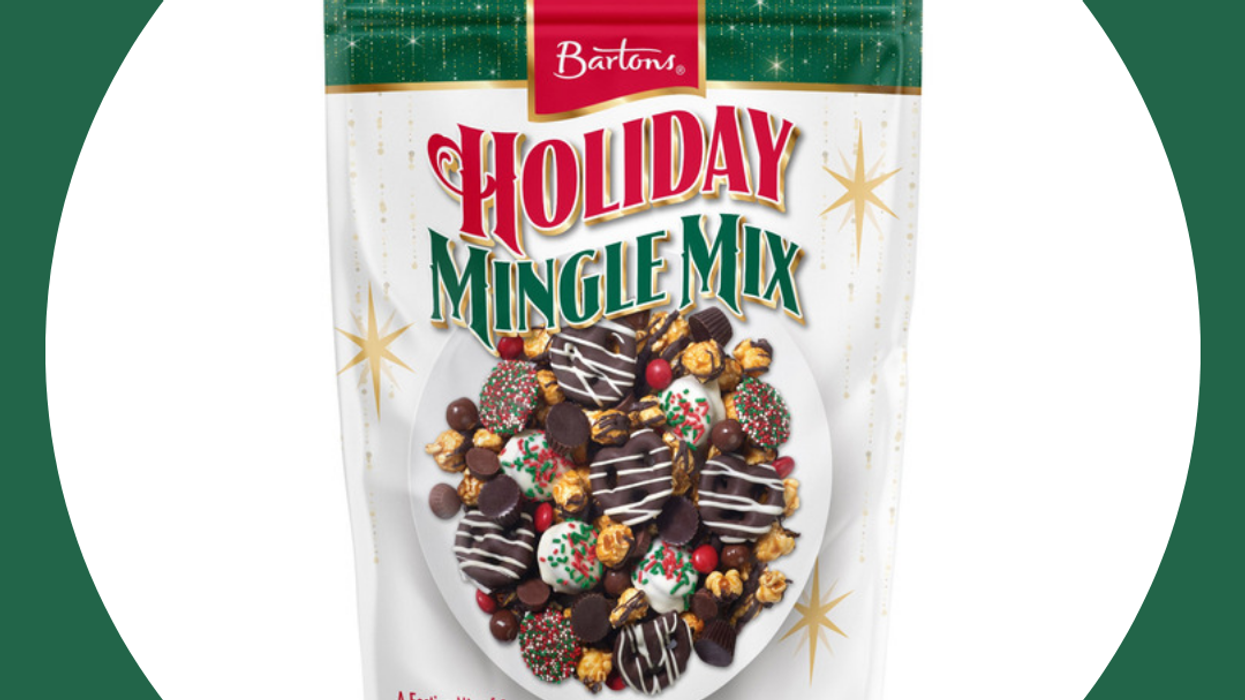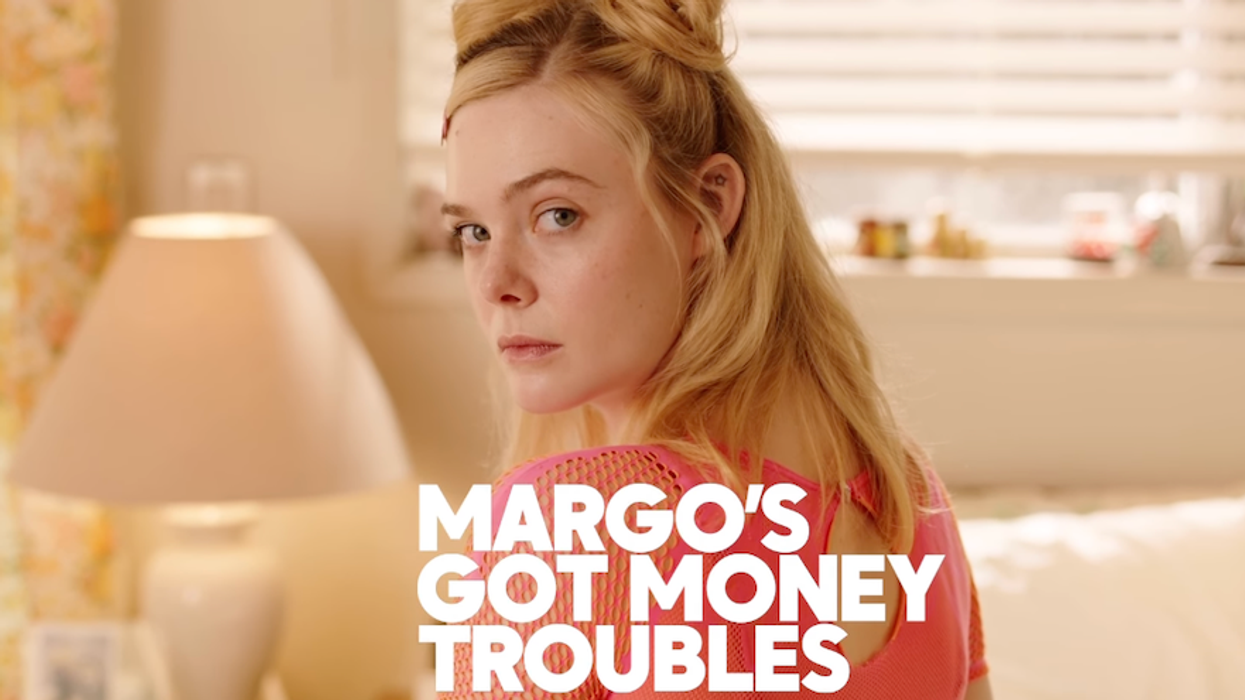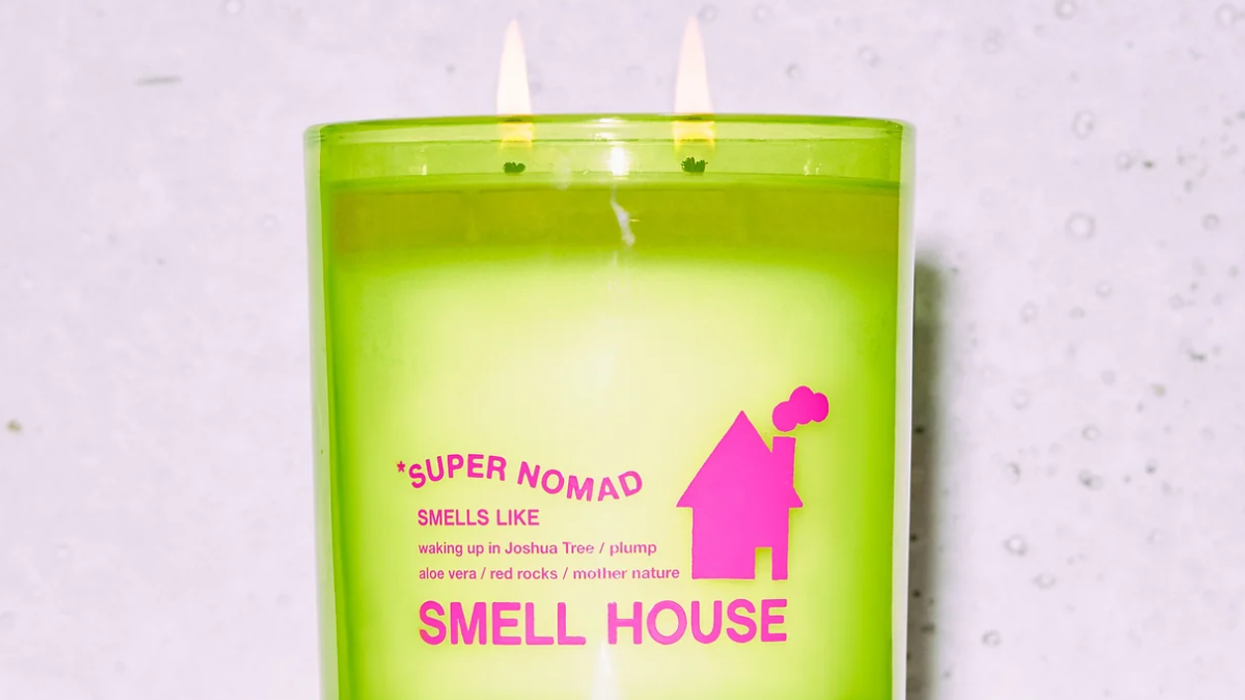Keep calm and kale on.
The Foods You Should Be Eating to Manage Stress

If you’re constantly walking around feeling like you just drank eight cups of cold brew, we can relate. We’ve heard that stress can actually be good for you, but it still doesn’t feel great in the moment. And it’s not something we can always easily shake off. Even if you figure out ways to leave work stress at the office once you clock out for the day, that still leaves friends, family, pets, bills… actually, we’d better stop before we give ourselves a panic attack.
Luckily, we’ve learned that if you’re trying to better manage stress on an ongoing basis, there’s an easy thing that can help: changing up your diet. New York Times best-selling author and certified nutrition consultant Diane Sanfilippo recently released an updated and expanded version of her book Practical Paleo, and we caught up with her to find out what foods she prescribes for keeping jittery, obsessive worries at bay.
First, here’s what not to eat. “When stressed, it’s best to avoid sugar, refined carbs and alcohol,” says Diane. “I know it sounds like I’m taking away all the comforts you have at your fingertips, but it will truly help so much to avoid these foods while you’re stressed.” She explains that they deplete vitamins and minerals that your body needs to combat stress (particularly vitamin C), and also cause your blood sugar to rapidly spike and crash. “Your best offense against stress is a good defense. Have healthy, balanced foods ready and on-hand so you don’t stress-eat junk,” she advises. Here are some of her favorites:
1. Wild Caught Salmon: Wild Caught Salmon is rich in omega 3 fatty acids. Omega 3s help fight inflammation due to elevated cortisol, a hormone which affects your stress levels.
2. Spinach: Spinach is rich in vitamin E, an antioxidant that benefits brain function and is critical to calming the stress response.
3. Lemons: Lemons and lemon juice are great sources of vitamin C, which is a strong antioxidant and plays a huge role in regulating your body’s cortisol production.
4. Kale and Chocolate: Both are rich in magnesium, which bolsters cellular energy production to battle fatigue. Magnesium is also needed for proper calcium metabolism, which is necessary for vascular health. (Plus, do you really need another reason to eat chocolate?)
5. Chicken, Beef and Turkey: Eating protein-rich foods is a fantastic way to keep your blood sugar levels even, which in turn will keep your stress levels from fluctuating.
6. Potatoes, Sweet Potatoes and Fruit: When it comes to carbs, you want sources that are healthy and what Diane refers to as “real-food carbs,” rather than processed. Your brain wants extra glucose (re: carbs) when it’s stressed, and these will help you fuel up without experiencing a crash later on.
How do you manage chronic stress? Tweet us your tips @BritandCo!
(Photos via Getty)


















